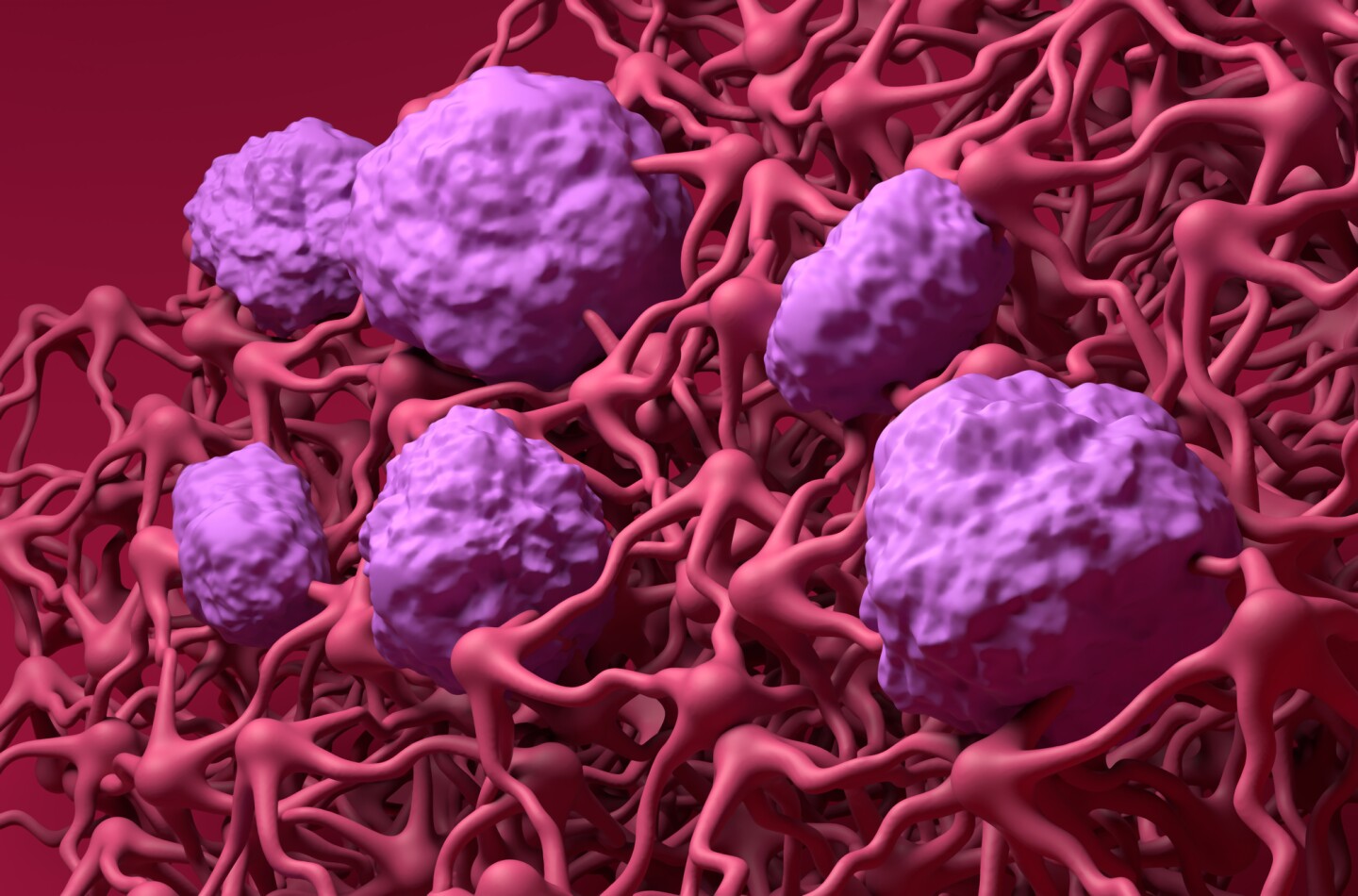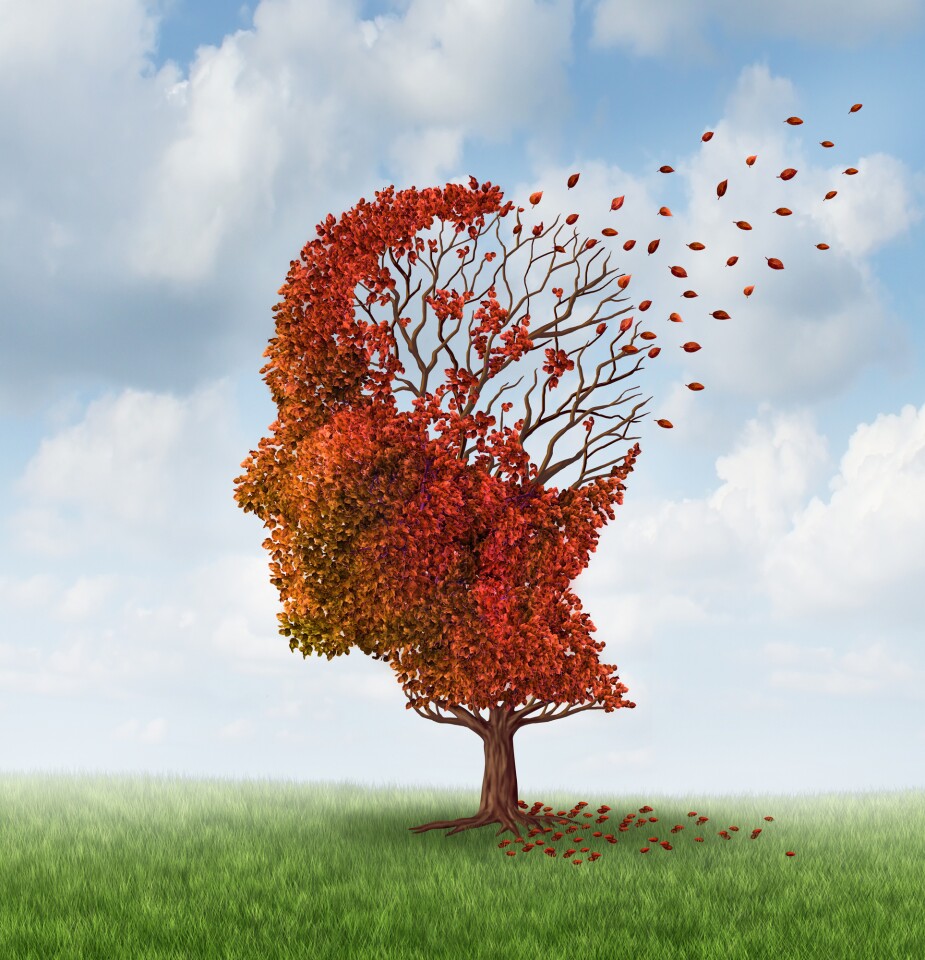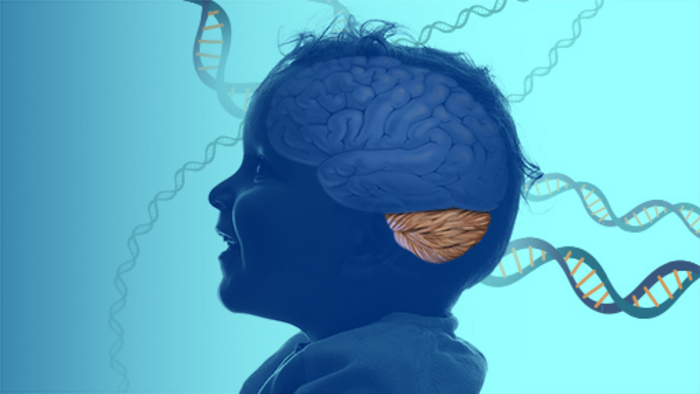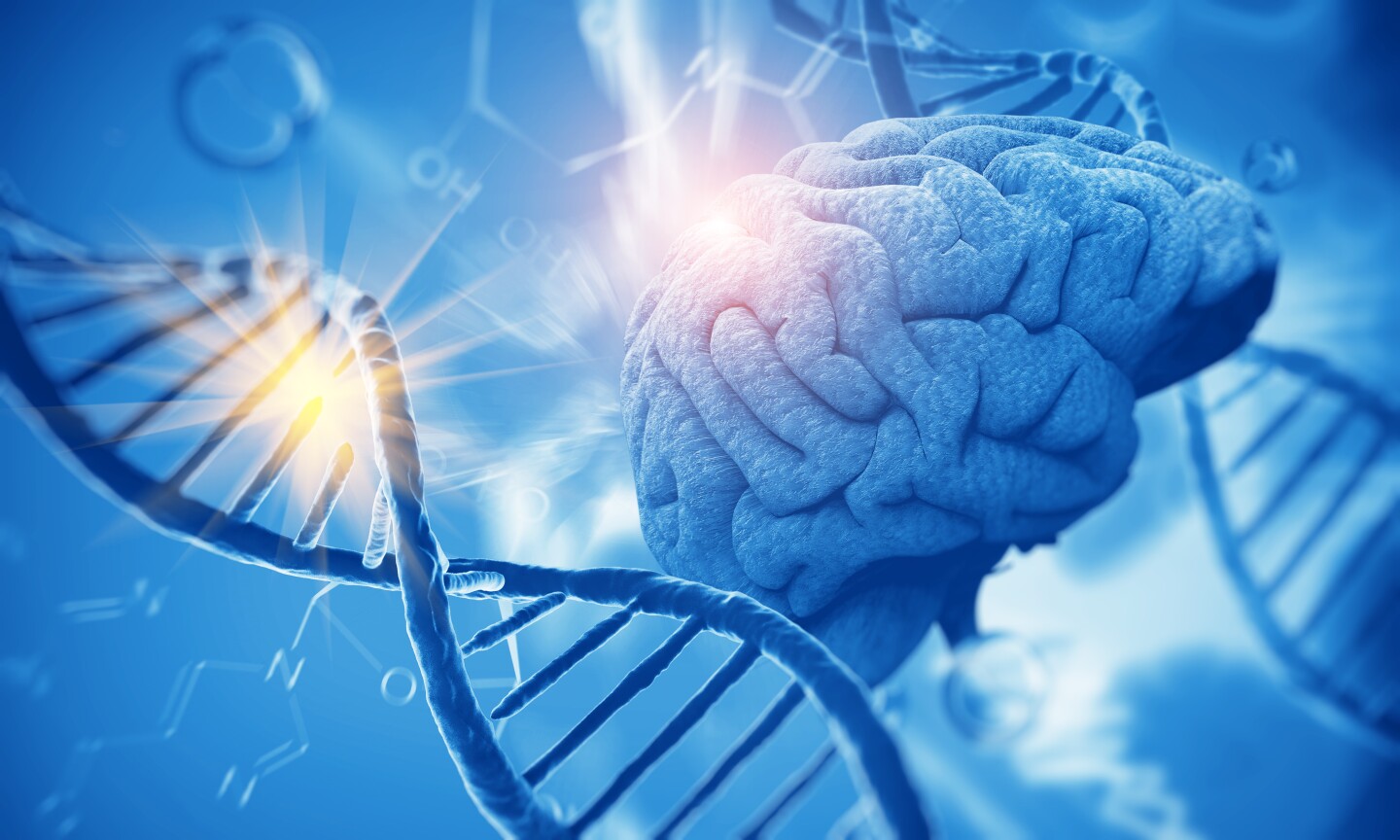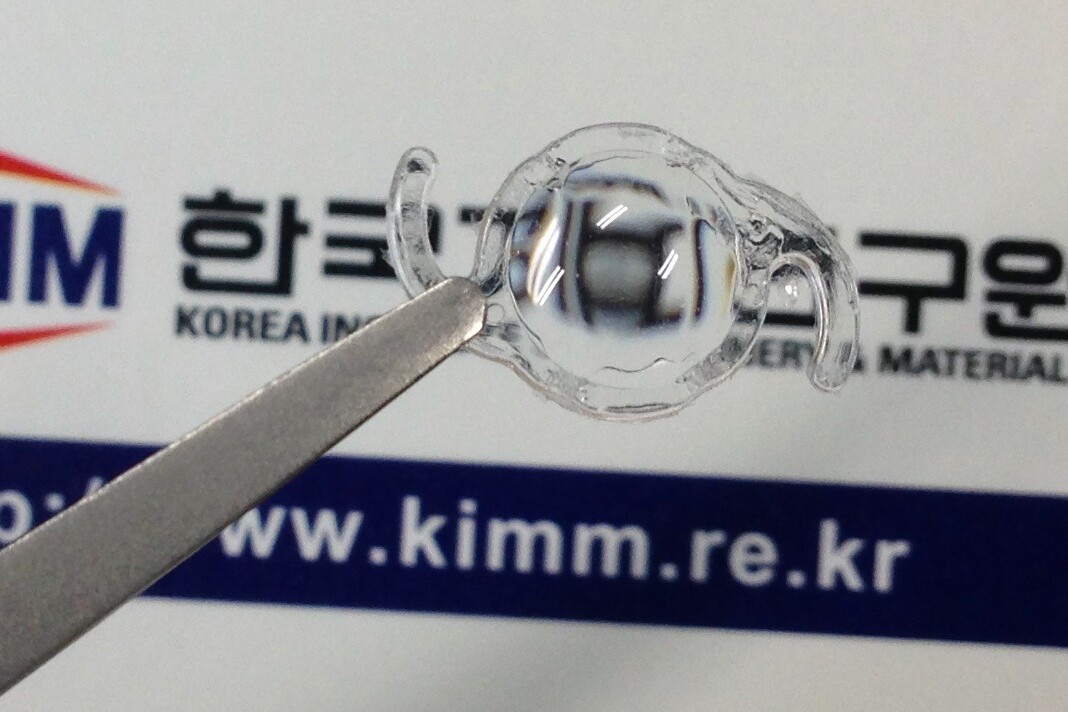Calcium-control gene offers new avenue for Alzheimer’s disease therapy
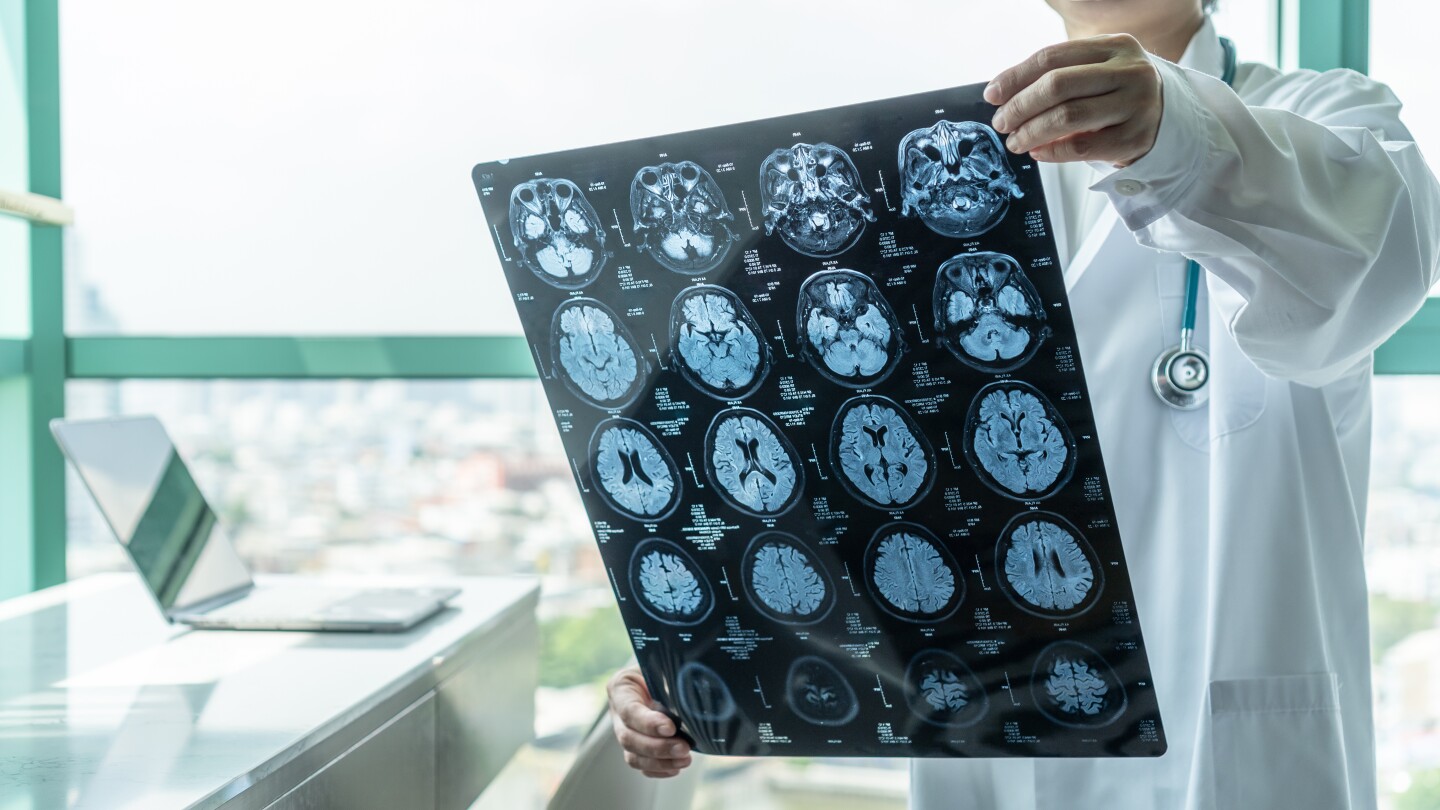
Nearly six million Americans currently live with Alzheimer’s disease (AD), with the figure set to climb to 13.8 million by 2050. And with promising trials failing close to the finish line, researchers are desperate for any breakthroughs that will lead to halting the devastating neurodegenerative disease.
Tags: Alzheimer’s Disease, Dementia, gene therapy, Brain
Continue reading Calcium-control gene offers new avenue for Alzheimer’s disease therapy
